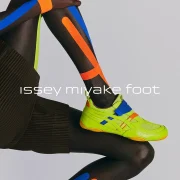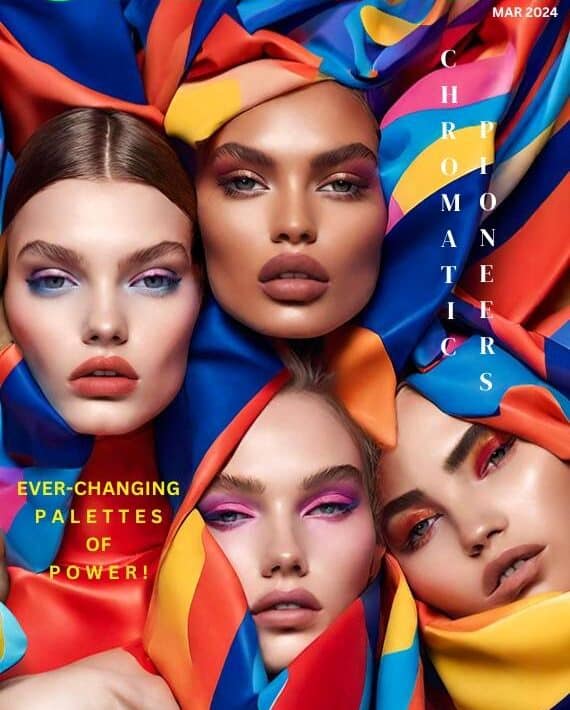The Importance of Cultural Diversity: A Conversation with Daniel Grmazion, Founder of Modern AfriQa

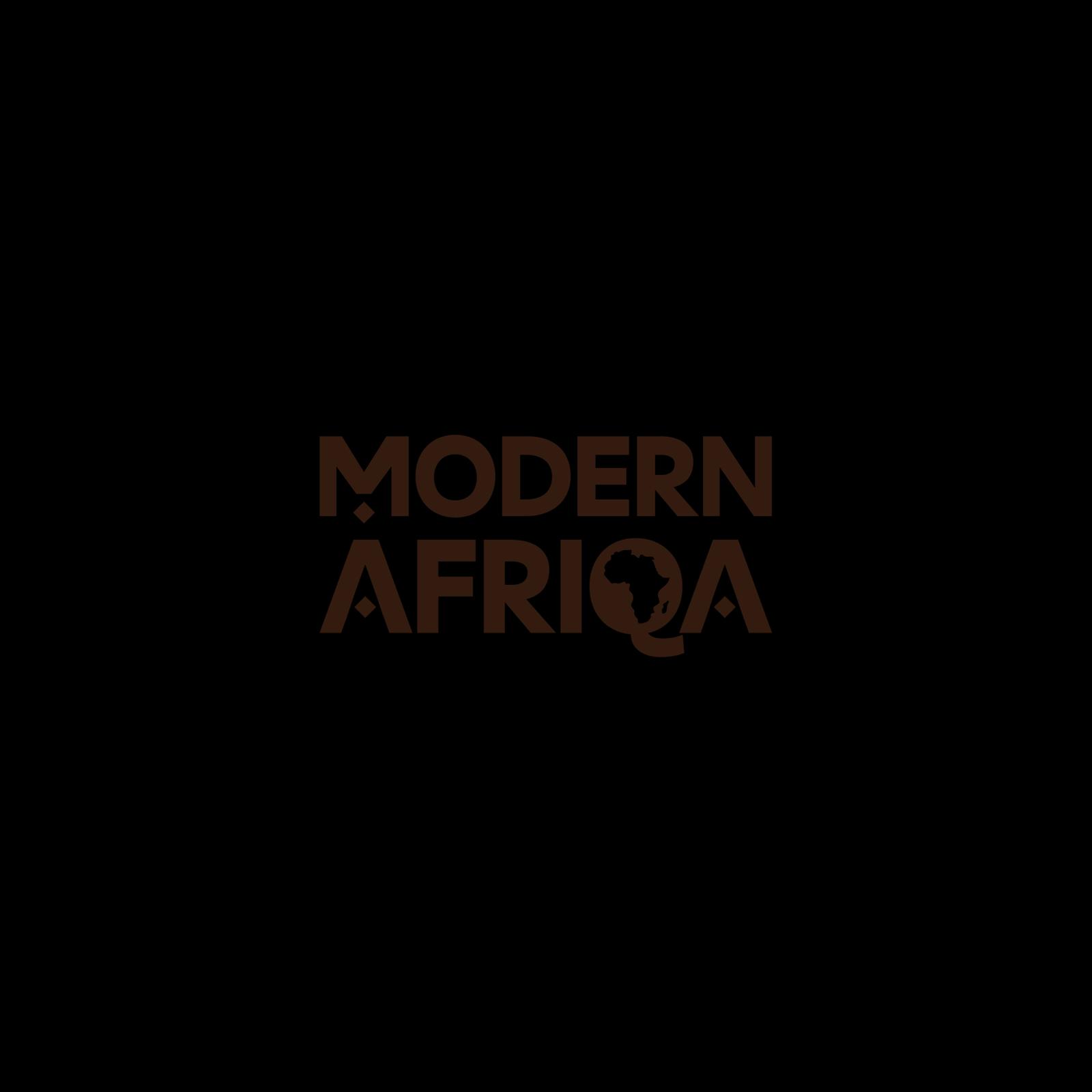
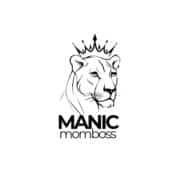
Hi, I’m Nadya van der Sluis, founder of Manic Momboss.…
As Diversity & Inclusion Awareness Month approaches, I felt it was the perfect time to contribute a piece that underscores the importance of cultural diversity in the workplace. In this column, I not only share my own experiences but also highlight the work of Daniel Grmazion, Cultural Connector and founder of Modern AfriQa. His company is not just another D&I consultancy—it’s a movement. Modern AfriQa actively builds bridges between young professionals in the diaspora and those across Africa, empowering them to leverage their cultural backgrounds in transformative ways.
The mission of Modern AfriQa is simple yet profound: enabling cultural and knowledge exchange. Daniel understands that diversity isn’t just about numbers; it’s about unlocking new possibilities by tapping into the rich, bi-cultural backgrounds of individuals. And in case you’re wondering why “AfriQa” is spelled with a Q, it’s intentional. Daniel uses the Q to symbolize “Quality”—inspired by the vast cultural wealth Africa offers. In his vision, quality transcends the typical meaning, taking on deeper resonance when linked to African values.
Modern AfriQa’s approach is both bold and necessary. It’s not just about creating awareness of D&I in the workplace; it’s about mobilizing the Afro-diaspora and making their unique skills, stories, and strengths visible to the world. The Qommunity he has built helps professionals and creatives connect on shared values, fostering a sense of belonging and collaboration. This model isn’t theoretical; it’s practical and global. Daniel organizes travel experiences to African countries, where Qommunity members immerse themselves in local culture and industry, learning firsthand how people live and work. His social media is filled with videos that offer a window into Africa’s dynamic lifestyle—from visiting cacao farmers in Ghana to preparing traditional Eritrean dishes like Kitcha fitfit.
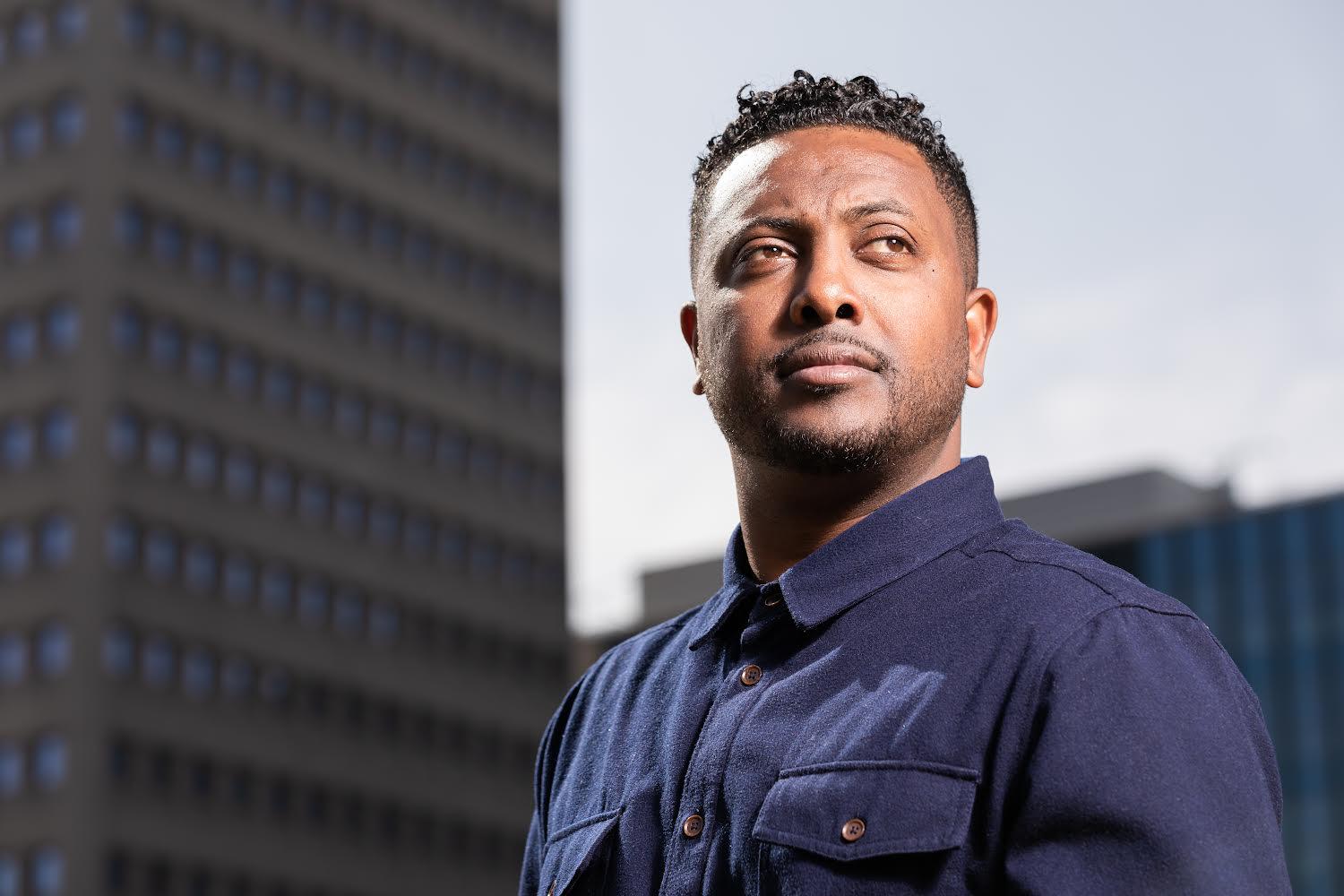
Daniel Grmazion, Cultural Connector and founder of Modern AfriQa
I asked Daniel about the trends he’s seeing among the Qommunity and during his travels, and his response was immediate. He pointed to a generation of young professionals—both in the diaspora and in Africa—who are brimming with talent and an undeniable drive to connect and collaborate. Their shared values of self-determination and community push them to create new opportunities and build relationships across continents. Daniel also sees the diaspora’s ability to act as cultural connectors—a “superpower,” as he calls it—bridging gaps where others see barriers. He emphasized that it’s time to place these individuals in positions where they can make lasting, sustainable contributions. I couldn’t agree more, especially given my experience working with the diaspora in the UAE.
What truly sets Modern AfriQa apart is its ability to analyze and approach issues from multiple cultural perspectives. This isn’t just about being inclusive for inclusivity’s sake—it’s about understanding the power dynamics, biases, and reference points that shape how we communicate and work together. If organizations fail to grasp this, they miss out on the transformative potential of cultural diversity. I’ve seen this firsthand in my work as a speaker at global mental health conferences and in my previous career in Dutch mental healthcare, where the lack of diversity in the workplace was glaring.
As I write this, I am even more attuned to these issues, especially now during my second pregnancy. Just recently, I received an invitation to speak at a global conference of gynecologists in Miami, focusing on the importance of cultural diversity in healthcare. I know how crucial these discussions are—not just from my professional work but also from my personal experiences. During my first pregnancy, I was fortunate to receive support from a network of mompreneurs who shared their knowledge of labor and motherhood from various cultural perspectives. This allowed me to craft my own approach to wellness, drawing on natural resources rather than relying solely on conventional treatments like medication, which is often the default for managing conditions such as bipolar disorder.
While writing this column, I reflected on why I feel such a strong sense of support from entrepreneurs of African descent. It dawned on me that one of our greatest strengths as Africans is our inherent understanding of community. In Eritrea, for example—my homeland and Daniel’s—community isn’t just an idea; it’s a way of life. We are raised in tribes, where taking care of one another is second nature. This is something the hyper-individualistic Western world could learn from, especially when it comes to mental health and well-being.
Back to Modern AfriQa—what makes this organization truly special is its holistic approach. Beyond the Qommunity, Modern AfriQa offers a range of services for businesses facing D&I challenges. From masterclasses and workshops to one-on-one professional support, Daniel’s team provides the tools necessary for companies to bridge cultural divides. They even offer guidance for businesses looking to navigate the complexities of working in African markets. And of course, the travel experiences stand out as one of the most impactful offerings. These journeys provide individuals and groups with immersive experiences that foster cultural sensitivity and deepen their understanding of Africa’s entrepreneurial and cultural landscapes. It’s more than a trip; it’s a gateway to the Motherland.
And one more thing: as of now, you can also book me as a keynote speaker on mental health through Modern AfriQa’s website!
What's Your Reaction?

Hi, I’m Nadya van der Sluis, founder of Manic Momboss. I help mompreneurs take charge of their mental health while staying rooted in their own business path. It’s not about balance. It’s about knowing when to lead, when to pause, and how to stay honest with yourself through it all. I’m also a co-author and a keynote speaker, invited to international mental health conferences where I speak to psychiatrists and psychologists about what’s really happening beneath the surface. My mission is to shift the conversation. To bring light to what gets left out of the headlines. Through my columns, I write what most people are afraid to say out loud. Because awareness starts with truth, and I’m here for all of it.

